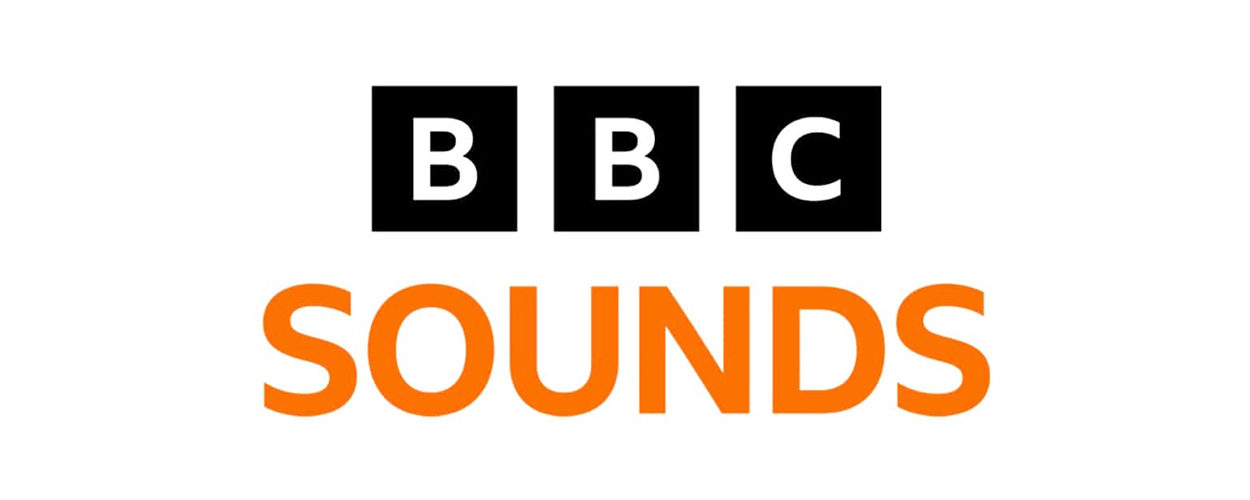This website uses cookies so that we can provide you with the best user experience possible. Cookie information is stored in your browser and performs functions such as recognising you when you return to our website and helping our team to understand which sections of the website you find most interesting and useful.
Business News Legal Media
BBC’s launch of Radio 1 Dance – and OfCom’s scrutiny of it – back in court
By Chris Cooke | Published on Thursday 17 November 2022

The dispute over the launch of BBC Radio 1 Dance – and whether media regulator OfCom should have ordered a ‘public interest test’ before said launch – has been back in court in London this week.
Commercial radio trade body Radiocentre reckons that the regulator erred in not ordering more rigorous scrutiny regarding the impact a bespoke Radio 1 Dance channel would have on other dance music radio services.
The BBC launched Radio 1 Dance within its Sounds app in 2020. Because it’s a service that aggregates and repurposes dance music content from elsewhere on the BBC radio networks, the Beeb reckoned that adding the new channel to its app did not mean it was actually launching a new radio station and therefore didn’t constitute a “material change” to its overall output.
That’s important because if Radio 1 Dance was deemed a new service – and its launch a “material change” – then more scrutiny and a so called public interest test would have been required. OfCom basically agreed with the BBC, telling bosses there to ensure there was “effective engagement” with its commercial rivals before launching Radio 1 Dance, but not insisting on any full public interest test.
Radiocentre argues that both the BBC and OfCom were wrong in their conclusion that Radio 1 Dance did not constitute a “material change” to the Beeb’s output. It did, it insists, and therefore a public interest test should have been conducted.
The commercial radio trade group is sufficiently convinced that the BBC and OfCom got it wrong that it launched legal proceedings against the regulator. It was those proceedings that were back in court earlier this week.
According to the Press Association, Radiocentre’s legal rep, Timothy Otty, told the court that while Radio 1 Dance does not exist as a radio station outside of the BBC Sounds app, within the app it is presented as an equal to all the other BBC stations, including Radio 1 and Radio 1 Xtra.
And yet, the fact that Radio 1 Dance only exists within Sounds was a key reason why the BBC and OfCom did not consider it a new service. But that, he argued, is “irrational”.
“This question has wide implications for the regulatory landscape”, he added, because it means the BBC could launch, without undertaking any public interest tests, “any number of new radio services and television services designed, marketed and operated in identical manner to existing radio stations and television channels, provided only that those services were not broadcast, in the case of radio, on DAB or other terrestrial radio”.
He also questioned the BBC’s insistence that Radio 1 Dance only curates existing content. “The BBC did create new content for Radio 1 Dance – or at least ‘with [Radio 1 Dance] in mind’ – such that it could not accurately be said that Radio 1 Dance was merely curating existing content or content that would have been commissioned in any event”.
Noting why the BBC has the obligation to undertake public interest tests for new services, Otty said that the broadcaster enjoys “a privileged, unique position as a publicly funded organisation with the freedom not to need to make money to survive”.
Because of that privilege, OfCom is meant to ensure that the BBC doesn’t exploit its competitive advantage in order to “crowd out” the commercial sector.
OfCom’s legal rep, Tristan Jones, reaffirmed the regulator’s position in written arguments, insisting that Radio 1 Dance does not include any exclusive content, that it airs a large number of repeats, is not available via broadcast channels and has a “very small audience”.
He added that it is “well established” that online-only offerings from the BBC are not treated as new stations or channels, even if they resemble a station or channel within an online platform. Therefore, OfCom’s decision over Radio 1 Dance was the correct one.
We await to see how the court rules. Meanwhile, a Radiocentre spokesperson told RadioToday this week: “This case has huge ramifications for both the commercial market and the regulatory landscape. It’s deeply troubling that the BBC’s lack of transparency and hopes of avoiding regulatory scrutiny didn’t prompt OfCom to act”.





